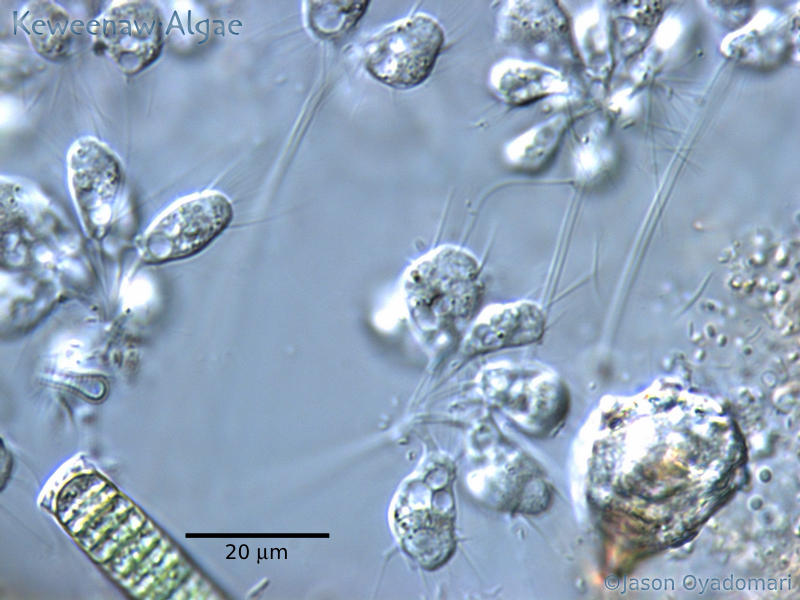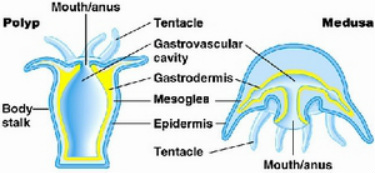Idolater
"Foundation of the World" Dispensationalist χρ
I know. We have two mutually exclusive propositions, the universe is older than 13 billion years, and the universe is not older than 13 billion years. If the universe is older than 13 billion years, then of course Exodus 20:11 must not be literal, or, must not be referring to a literal event. Either one. I agree. If.Sigh, you don't seem to be getting what I'm saying. I think exodus is not necessarily referring to a literal event, not that the Exodus text itself is metaphorical. It's making a plain statement about how to count the weeks. But it doesn't HAVE to be referring to a 100% literal historical event to make sense.
Well that's good. But it's still not proof that the universe is older than 13 billion years, it's just a possibility that you've floated, which I grant, that it is possible. My position is that it's possible God made the universe in six days too.Much like our modern reference to sunset and sunrise. We know the sun isn't literally setting or rising, but we often refer to that symbolic phrase in other contexts. Six days is a way of making the creation story simple and easy to remember for an oral culture. It's not a science textbook or a detailed news report. Mind you my church is going through the book of Genesis currently and just said exactly that from the pulpit. And no it's not a liberal church that rejects miracles or the resurrection.
What does one thing have to do with the other? How do you know your own memories of what you yourself were doing just earlier today weren't "fabricated?" Why can't you answer me?How do you know that those memories aren't fabricated then if you think the universe was created with the appearance of age.
This is just a form of extreme skepticism, answered by Descartes, like I already said. Linguistic analysis is another way to 'skin this cat.' It's not compelling. Your memory and my memory from a few hours ago are as real as two twos is four.
idk what you mean. 'Looks like they could speak rather immediately after they were made. 'Text says nothing about presence or absence of navels.Did Adam and eve have belly buttons and were they able to speak after creation? Fabricated memories then.
If there were navels, then that would be like evidence science says shows that the universe is older than Scripture says it is.
That's what you think. There's actually a wide and safe road here. Your "guardrails" obstruct its view.Once you go down this particular road there's no guardrails.
If you mean by this, something like that there's basically no practical difference today, between it being made in six days, and it maturing over billions of years, then I agree completely wrt natural science.If creation was actually over six days but the universe looks and acts like it's 13 billion years old, why would six days be anything more than symbolic in that case anyway?
That's what I said. (Supra, "Science provides useful predictions regardless of which of our directly opposing propositions is fictional, and which is the fact.")Science acts based on the evidence available so, if what you're proposing were true it wouldn't matter as far as science is concerned.
Last edited:






